We are just weeks away from my favorite holiday.
No, not Christmas – Thanksgiving!
Every November, I look up the options for Thanksgiving dinner at various restaurants in London.
And I am often left wonting…
Sure they’ll have turkey – but instead of the green beans my Grandma Collier made, the green vegetable of choice is Brussels sprouts.
Brussels sprouts?
Yuck.
No thank you!.
I was lamenting this to my friend Rob when he said, “You know Brussels sprouts taste different now, don’t you?”
What? Was this true?
Naturally, I was curious…
Brussels sprouts are not a vegetable that I was exposed to much as a child.
They were never part of a Thanksgiving or Christmas meal, and I don’t even remember seeing them in the produce section at our local grocery store.
But I did have them a few times (probably when they were in season, and bought at a farmer’s market) and my recollection of them isn’t positive.
I remember they tasted bitter – and they smelled bad.
So, I did not seek them out when I became an adult and began cooking my own meals.
I did have a somewhat positive experience with them in the early 2000s, when my husband cooked them for me in New Zealand.
“These aren’t bad,” I said with much surprise after having a bite.
Maybe my taste buds had matured?
Or maybe these sprouts tasted better because they had been cooked with butter and bacon.
While both of these things might be true – they aren’t the only reason I noticed a change.
The Brussels sprouts we eat today are not the same ones that we ate 30+ years ago.
And that’s thanks to a Dutch scientist named Hans van Doorn.
Van Doorn worked at a seed and chemical company in the Netherlands, and wanted to find out what made Brussels sprouts taste so bitter.
Between 1989 and 1995, van Doorn worked with his colleagues to research the chemical compounds found in Brussels sprouts, later writing that the glucosinolates sinigrin and progoitrin made Brussels sprouts taste bitter.
Van Doorn and his fellow scientists tested the role of sinigrin and progoitrin on taste preference and bitterness of sprouts with both consumer and analytical taste panels, and published their findings in 1999.
And having identified the source of the bitterness, other companies that sold Brussels sprouts seed searched their archives for varieties that had lower levels of the bitter chemicals.
There were hundreds of old varieties, and after growing them in test plots, scientists discovered that some weren’t as bitter.
Once the less-bitter varieties were identified, they could be cross-pollinated with modern high-yield varieties, creating the ultimate sprouts.
Though it took several years, these efforts were successful – and it wasn’t long before demand for these tastier (or at least, less bitter) Brussels sprouts was growing.
But the mystery of bitter Brussels sprouts doesn’t end there.
It turns out that the bitterness of Brussels sprouts is in “the tongue of the beholder.”
While the glucosinolates you find in Brussels sprouts (and other cruciferous vegetables like broccoli, kale, and cabbage) give them their bitter flavor, not everyone has the genes for tasting that bitterness.
According to BBC Science Focus, a 2011 study by Cornwall College found that Brussels sprouts only taste bitter to people who have a certain gene.
So if you’ve ever found yourself arguing with relatives about the bitterness of Brussels sprouts, you can blame it on genetics, specifically a gene called TAS2R38.
But the study found that about half of the world’s population has a mutation on this gene – which may explain why some people love Brussels sprouts while others do not.
One more thing…
Do Brussels sprouts actually come from Belgium?
Yes. Although they are native to the Mediterranean region, they were cultivated in the 13th century near Brussels, Belgium.
The Netherlands is the largest producer of Brussels sprouts in Europe today.
Production in the United States began in the 18th century, when French settlers brought Brussels sprouts to Louisiana. They became an established commercial crop in California in the early 1900s.
California’s San Mateo County is home to the Brussels sprouts - and 90 percent of the Brussels sprouts eaten in the United States come from California.
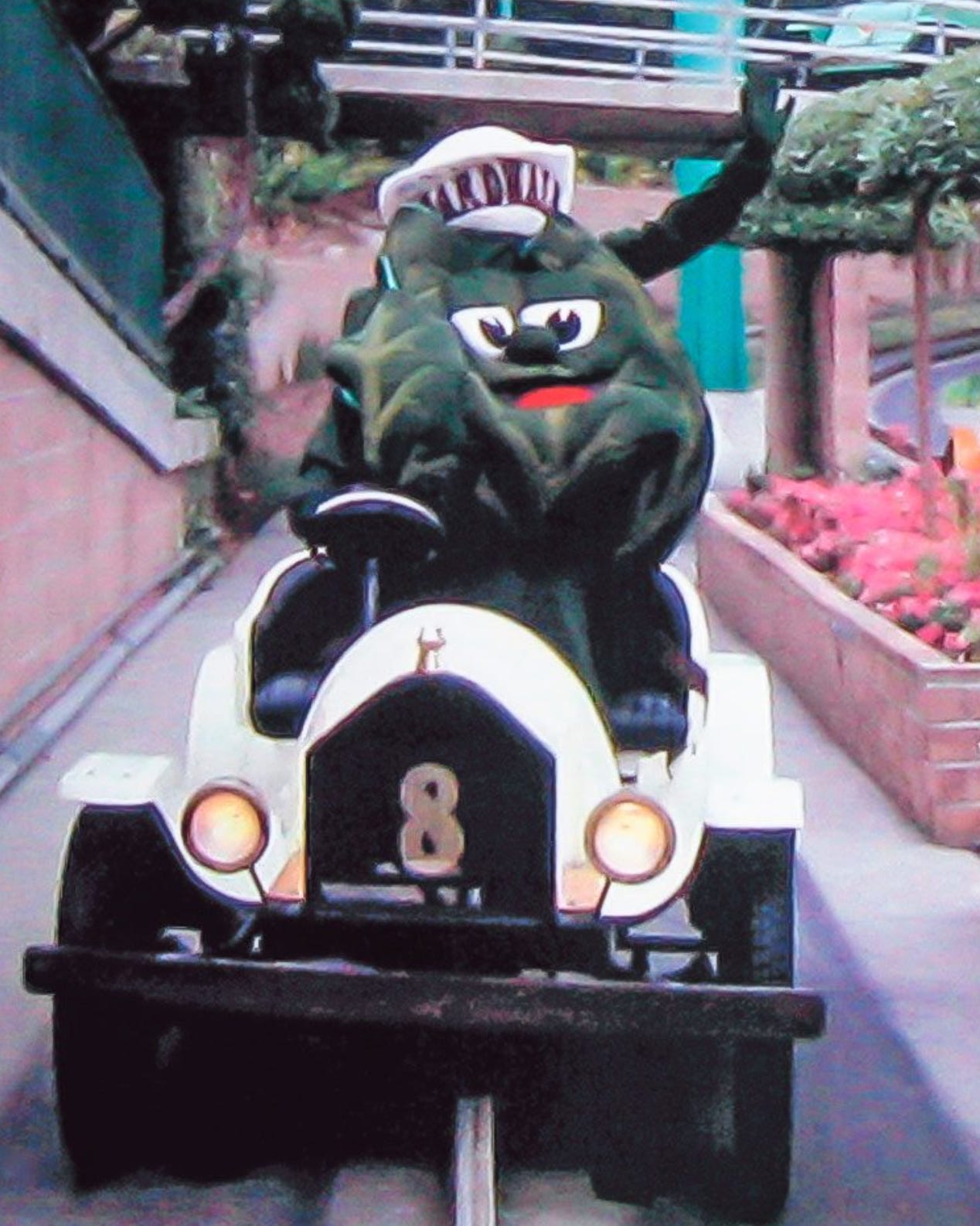
There you go — more than you ever wanted to know about Brussels sprouts!
Thank you Rob, for sending me down the curiosity rabbit hole with this one.
But despite the improvements to Brussels sprouts, they won’t replace my green beans this Thanksgiving!
Also, I just perused the Thanksgiving offerings at Whole Foods in London. Can someone explain what “festive” raisins are?
How about you? Do you love Brussels sprouts - or love to hate them? Let me know in the comments!
How Can I Help?
I’ll keep saying it: Communication matters.
If you want to improve your communication (and get all the good things that come with that), I’m your gal.
So many companies could reap massive rewards – from performance and culture to retention and engagement – by improving their communication.
So, if you know someone who could benefit from some help (as even the most seasoned leaders do), please get in touch and check out my website for more information.
You can also see my Top 10 list of what I can (and can’t) do for you here.
And if you see any communication examples (the good, the bad, and the ugly) that you think are worth analyzing or sharing, please send them my way!
Stay Curious!
-Beth

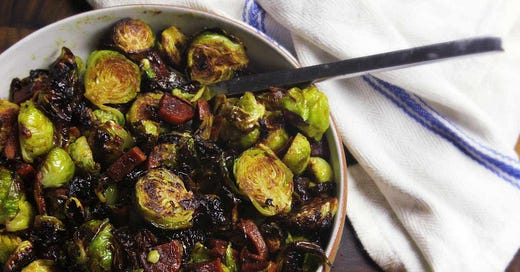


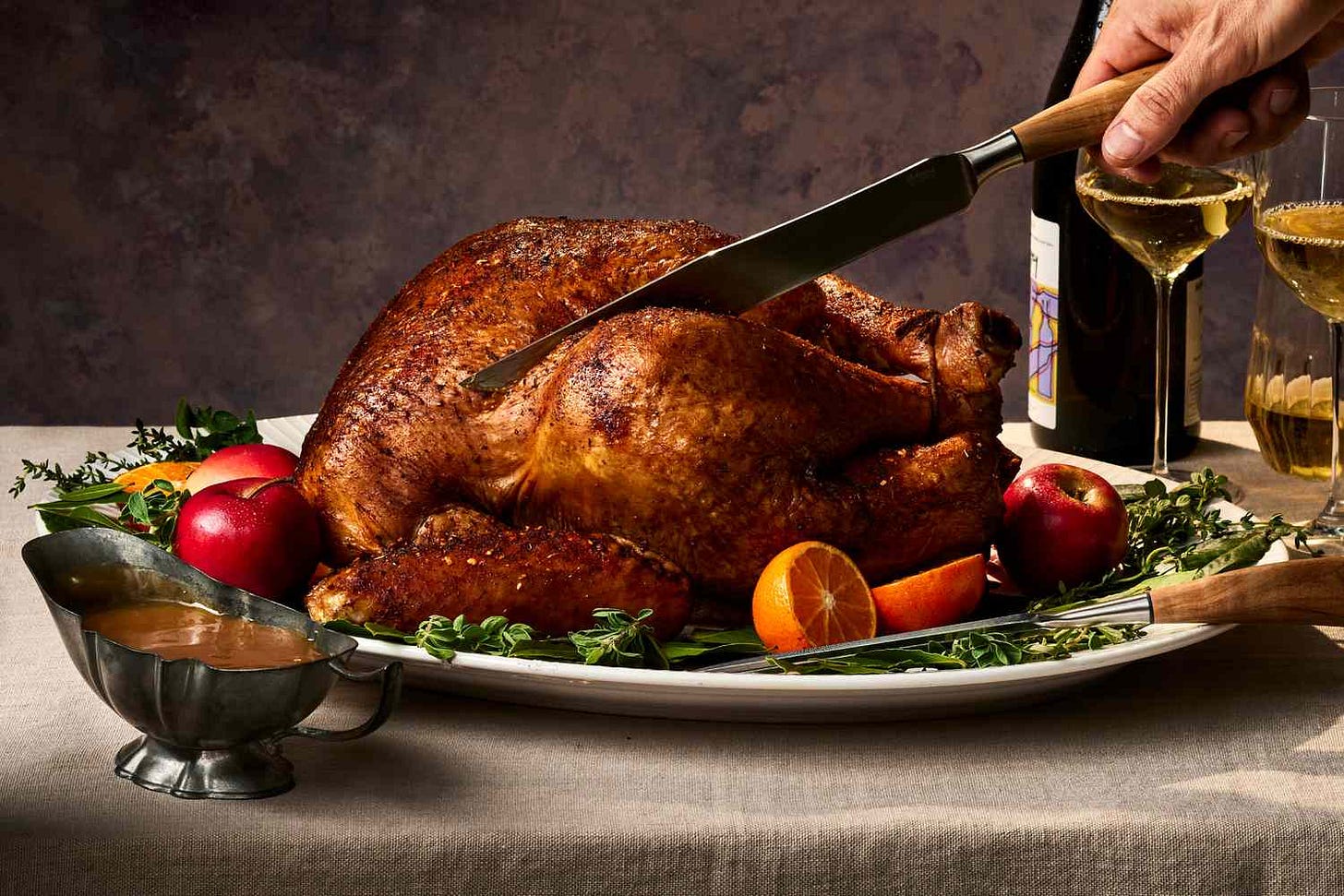



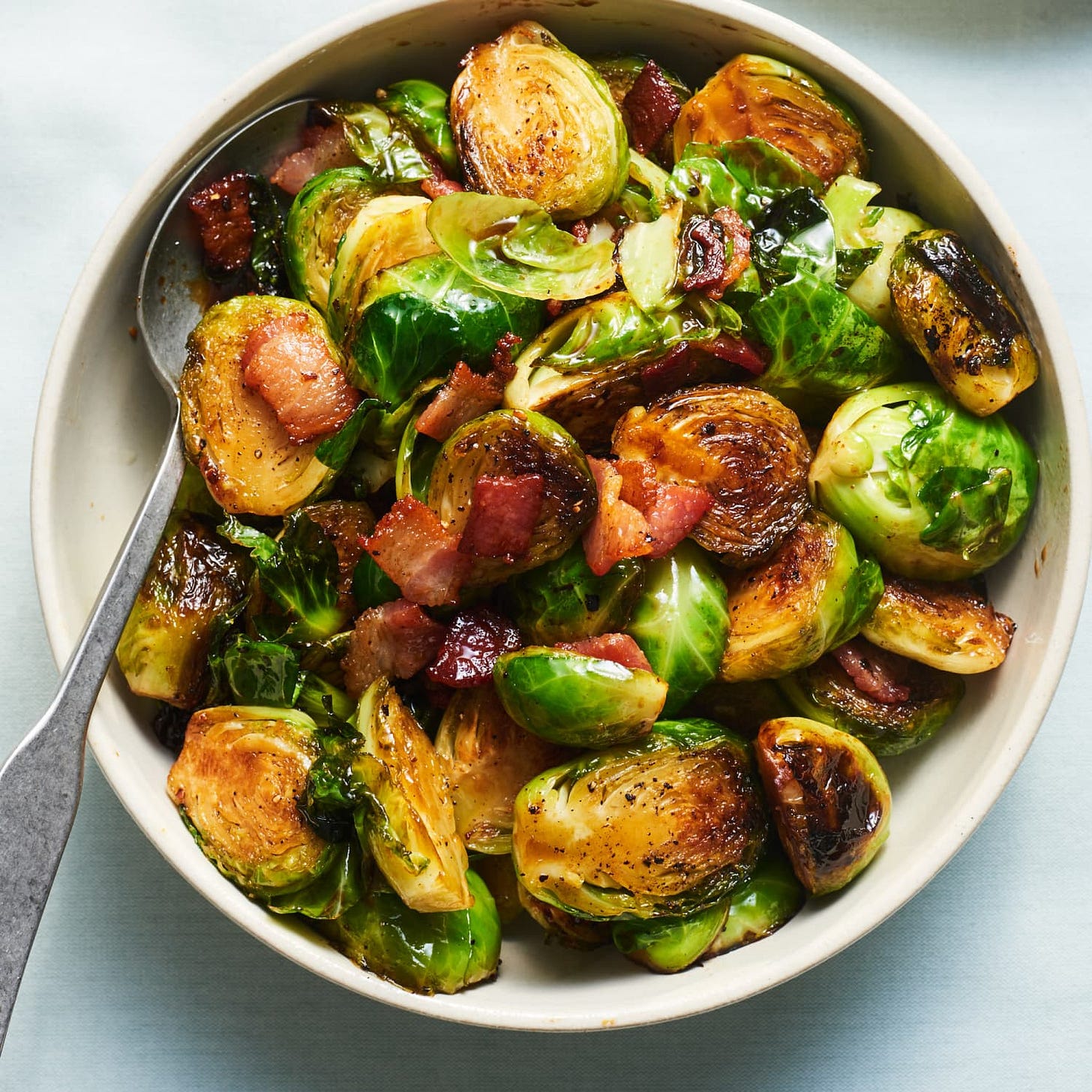


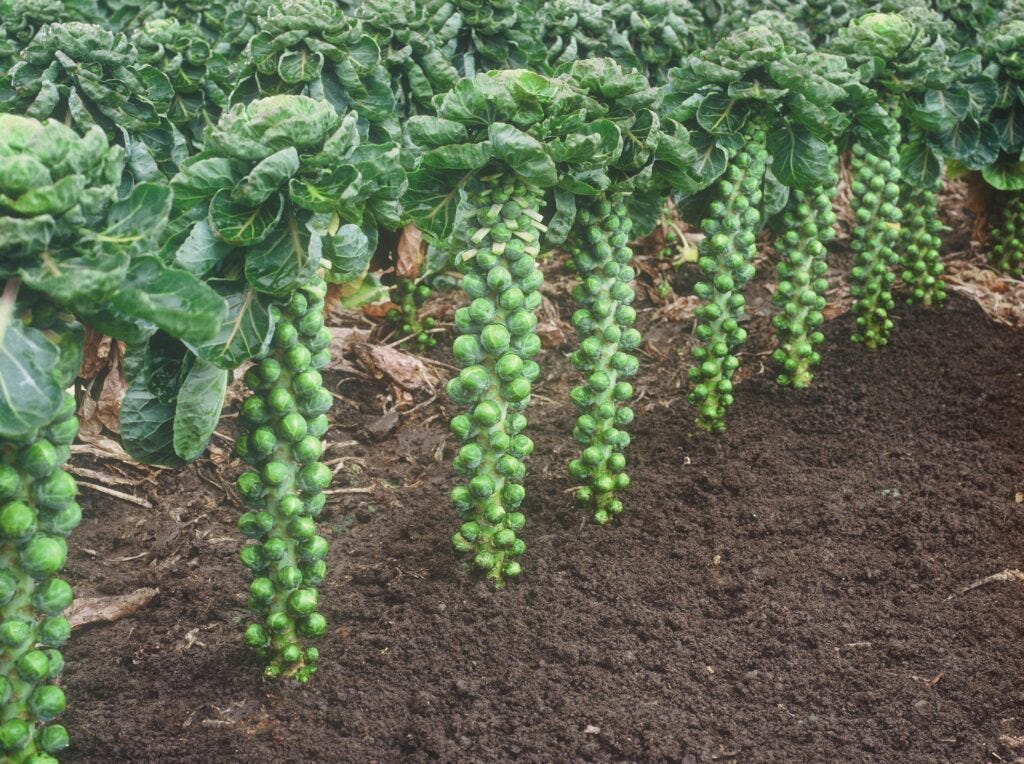


“Festive raisins.” 😂